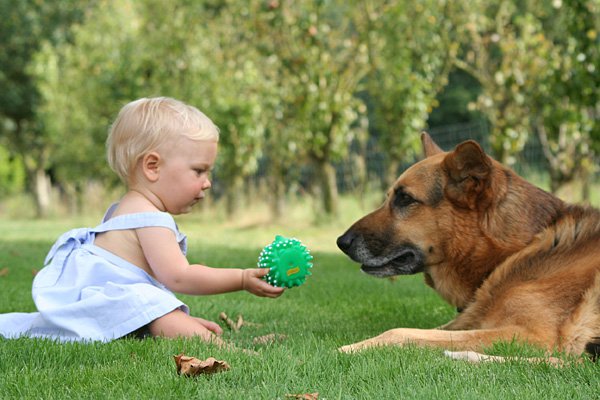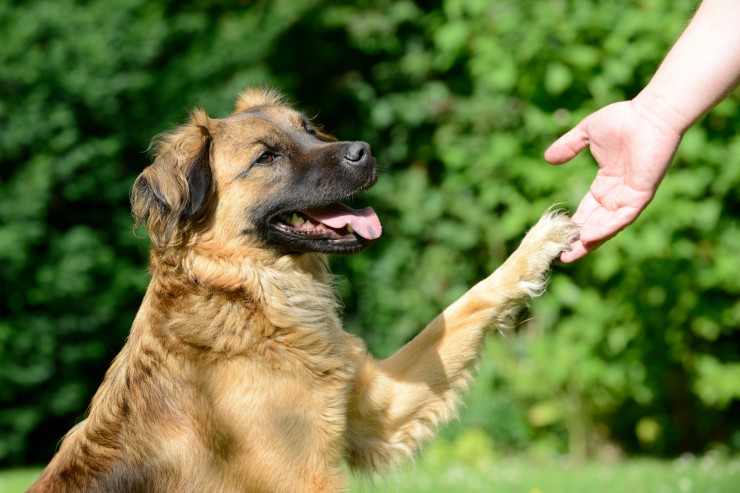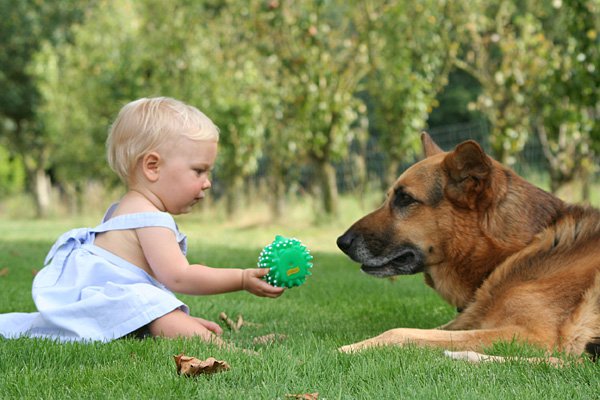

Like any member of the family, your pets should receive vaccinations. These vaccines protect not just the animal. In a lot of cases, like rabies shots, they protect the general public. Unfortunately, many a Bay Area Houston veterinarian clients have found themselves with a sick pet and expensive treatments. This is the result of the animal getting a disease that could have been prevented with a single visit and an inexpensive shot.
Why You Want to Vaccinate Your Pets
Vaccines are designed to bolster a pet's immune system, in essence, enhancing the animal's ability to fight infections and destroy diseased agents. Vaccines can either significantly decrease the possibility of disease or prevent it altogether.
What Clear Lake City pet vaccines are needed will be determined by the vet. Not all pets need to be vaccinated with all vaccines. There are core shots that may apply to all animals, such as rabies shots. Other core vaccines could be dependent on the environment and conditions in certain areas. There are also non-core vaccines. Vets will base these shots on a pet's needs and treatment. Vets may consider the possibility of risk to specific, preventable diseases and customize a treatment program. If you were to travel abroad, you would talk with your veterinarian just as you would talk to your own doctor as strange locales — even being left in a kennel and been exposed to other animals — can increase the risk of exposure to disease.
Being Aware of Adverse Reactions
While medical treatments are designed to benefit the patient, there can still be common adverse responses. Whenever you visit a Bay Area Houston veterinarian and it's agreed vaccinations are necessary, cover any adverse reactions that may result. This way you can monitor the pet and minimize overreacting should you see symptoms.
The most common responses to shots are sluggishness, fever and reduced appetite. Some pets may experience temporary swelling or pain. On average, these reactions resolve themselves in a couple of days. Beyond that point, if your pet is still suffering from continued pain, swelling, listlessness or other abnormal behavior, call your vet immediately to discuss the situation.
Also take note that there could be allergic reactions. These usually crops up within minutes or hours of having vaccines applied. Watch for diarrhea, vomiting, itching, swelling, struggling to breath or passing out. Cats have been known to develop sarcomas (injection site tumors) within weeks or months of some shots. But if you had a thorough conversation about your Clear Lake City pet vaccines, you will be watching for these abnormalities and be at the ready to get medical care right away.
Do remember that despite these possibilities, the vaccination is far more beneficial than worrying about the risk. Pet vaccinations are good for the animal, the family and the community.
 Most Popular Pet Services In London
In this day and age when austerity has become the norm,
Most Popular Pet Services In London
In this day and age when austerity has become the norm,
 What Factors Affect Where A Roaming Dog Will Wander?
What Factors Affe
What Factors Affect Where A Roaming Dog Will Wander?
What Factors Affe
 Coping With A Dogs Fear Of Strangers
Coping With A Dog
Coping With A Dogs Fear Of Strangers
Coping With A Dog
 The Saddle, Types And Development
The Saddle, Types
The Saddle, Types And Development
The Saddle, Types
 Housebreaking a Schnauzer Puppy
Housebreaking a Schnauzer Puppy
A Schnauzer Pu
Housebreaking a Schnauzer Puppy
Housebreaking a Schnauzer Puppy
A Schnauzer Pu
Copyright © 2005-2016 Pet Information All Rights Reserved
Contact us: www162date@outlook.com